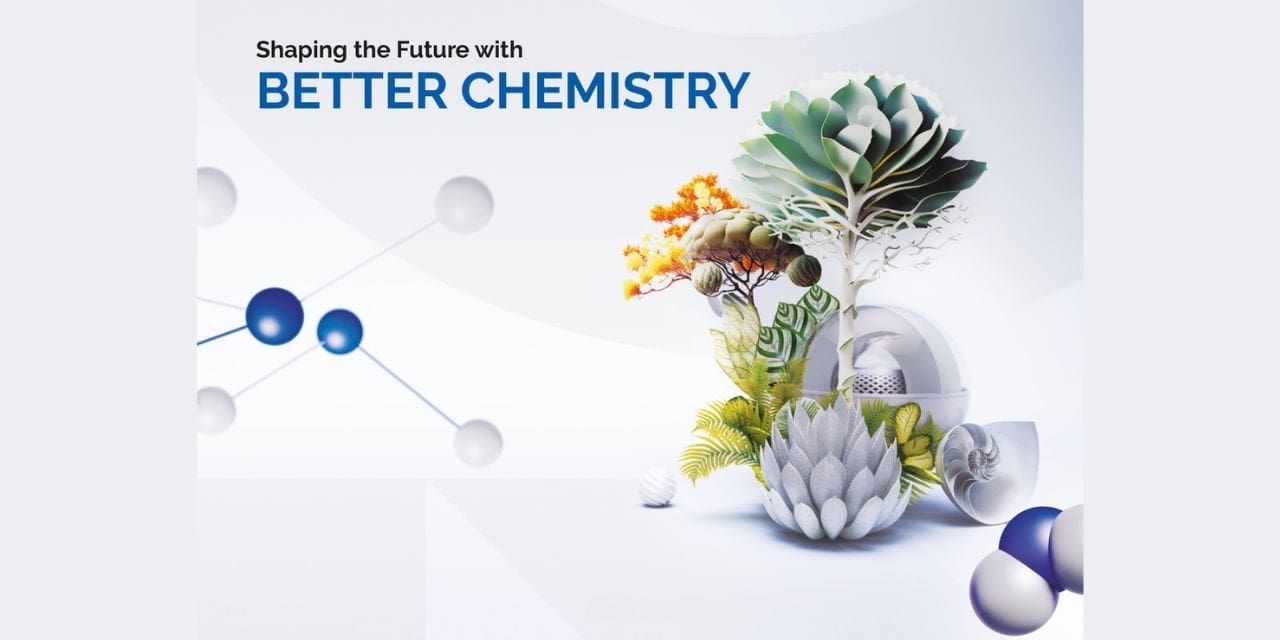RUDOLF, a leading company in the fields of textile auxiliaries, textile care and construction chemicals sets new standards with pioneering technologies. Since its foundation in 1922, the company has developed into a globally recognised market leader that stands for high quality, innovation and sustainability. RUDOLF is one of the leading companies in the sector and will be presenting its future oriented solutions at the upcoming Techtextil from 23 to 26 April 2024. The international trade fair brings together leading exhibitors from the world of technical textiles, nonwovens, functional apparel textiles and textile technologies. As an exhibitor at this important platform, RUDOLF underlines its role as a driving force for future-oriented developments in the textile industry by exhibiting at this important platform.
BIONIC-FINISH® ECO technology from RUDOLF is an advanced, patented fluorine-free technology that reliably protects textiles against rain and aqueous soiling. Thanks to their high resistance to household and industrial washes, these products offer high-performance water repellency for technical applications with minimal application quantities, without impairing the feel, look or breathability of the treated textiles. Inspired by nature and based on dendrimers, multifunctional building blocks ehat branch out on the textile surface, this technology gives the treated fibres a highly wash-resistant and fluorine-free microstructure, ensuring long-lasting and superior performance on the textile surface.
Another milestone is the cooperation between RUDOLF and Dr. Hönle AG, a leading international company in the field of UV technology. Customised solutions are developed as part of this cooperation. UV curing technology, an energy-efficient method for curing UV-reactive substances for textile coatings, enables fast and energy-efficient curing under the influence of ultraviolet radiation. This future-oriented technology offers numerous advantages, including efficient production, reduced waiting times, savings in resources such as water and solvents and a lower environmental impact by eliminating the need for high temperatures.

